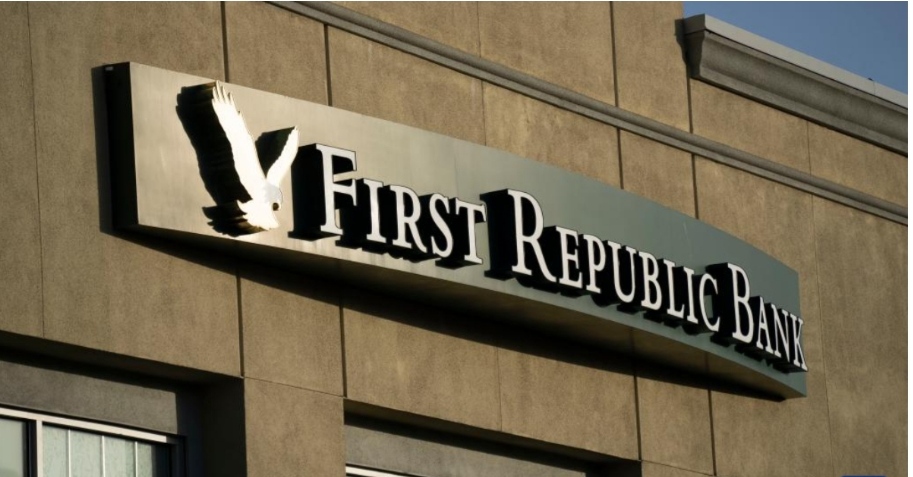First Republic Bank takeover adds to concerns over US recession; a global domino effect

US regulators have on Monday seized First Republic Bank and struck a deal to sell the bulk of its operations to JP Morgan in an attempt to “save” the troubled lender, while observers are cautioning that this “whack-a-mole” approach will not fix the struggling US banking system, and spillover may impact more nations in the following days.
The development, marking the third time the US government has taken control of a US lender this year, signals the recent banking crisis has not been cured despite the rescue effort by regulators, with experts warning that more banks may follow, adding to anxiety over a potential recession dragging down the world’s largest economy.
JPMorgan Chase & Co, the banking giant will assume $173 billion of loans and about $30 billion of securities held by First Republic Bank including $92 billion of deposits, according to a Reuters report on Monday, citing a statement from JPMorgan.
First Republic’s 84 branches will be rebranded and will open as normal on Monday.
The California Department of Financial Protection and Innovation announced early on Monday it had taken possession of First Republic and the Federal Deposit Insurance Corporation (FDIC) would act as its receiver.
The San Francisco-based First Republic is the second-largest bank to fail in US history. Shares of the bank have tumbled 97 percent this year, according to a Reuters calculation.
“The takeover indicates the problem is more severe than we first predicted, as we believed the crisis had been eased after the previous bailout,” an investment manager at a Beijing-based bank, told the Global Times on Monday.
Large US banks had already injected $30 billion in deposits into First Republic Bank in March, after the failure of Silicon Valley Bank and Signature Bank shocked the US banking industry.
Now as the temporary “whack-a-mole” approach has proved to be ineffective, more banks will likely to fail in the future caught in a liquidity crunch, the manager, who asked to remain anonymous, said.
“The US Treasury Department is encouraged that First Republic Bank was resolved with the least cost to the Deposit Insurance Fund, and believes the US banking system remains sound and resilient,” a Treasury spokesperson said early Monday, Reuters reported.
In a speech made in March when addressing the Silicon Valley Bank and Signature Bank issues, US President Joe Biden said that he’s going to ask Congress and banking regulators to strengthen the rules for banks to “make it less likely that this kind of bank failure will happen again and to protect American jobs and small businesses.”
“The worst part is that Biden administration may have no way to settle the dilemma – the Fed’s interest rate hike cycle has continued, and the rising rates dented the value of loans the bank made when rates were near zero – thus more banks will be exposed to risks, that’s inevitable,” Gao Lingyun, an expert at the Chinese Academy of Social Sciences in Beijing, told the Global Times on Monday.
The banking collapse will also add to concerns over a possible US recession, Gao said, warning of a global domino effect.
US economic growth slipped in the first quarter of 2023, with GDP rising at an inflation- and seasonally-adjusted 1.1 percent annual rate from January to March, a significant slowdown from 2.6 percent growth in the fourth quarter, according to a Wall Street Journal report on April 27, citing data from the Commerce Department.



